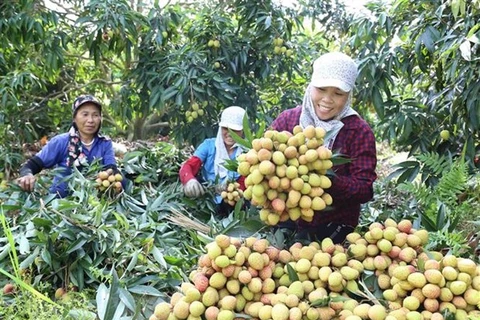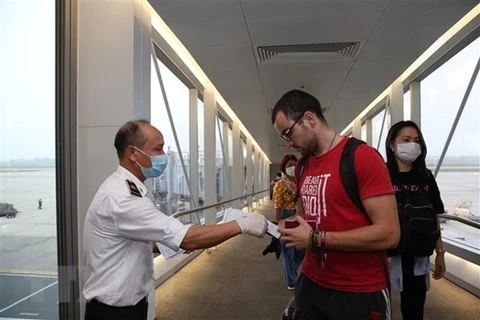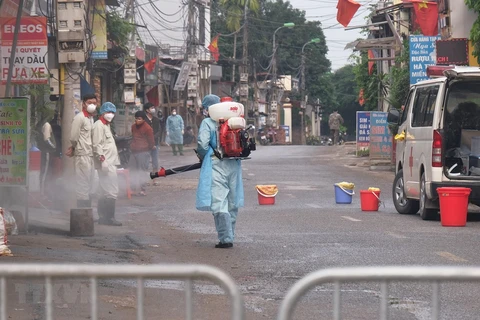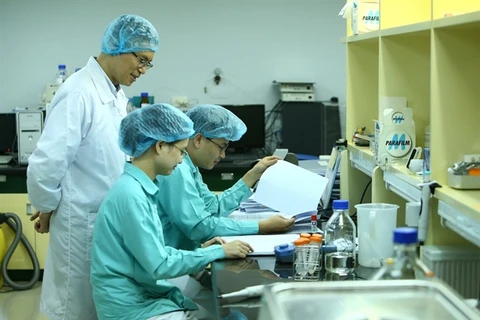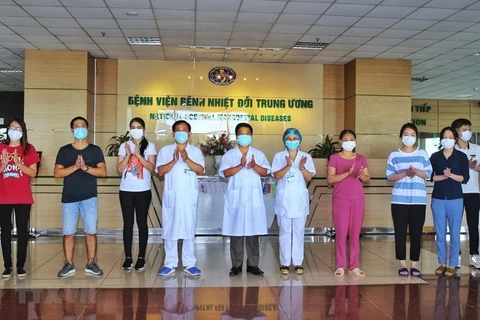Sydney (VNA) – Experts remain optimistic that in the long-term, Vietnam’s economy will be able to bounce back from the current COVID-19 pandemic, according to a recent article published by the English language news media publishing group Asia Times.
It noted that Vietnam is successful in COVID-19 prevention and combat, even though the country is densely populated with over 97 million people and not widely equipped with modern medical facilities to cope with a pandemic.
Many people at home and abroad heaped praises on efforts made by the Vietnamese Government to contain the spread of COVID-19, it continued.
The article quoted Kenneth Atkinson, the founder of the international accounting firm Grant Thornton and Vice Chairman of the Tourism Advisory Board (TAB) in Vietnam, as saying that the latest outbreak means that there will be more reluctance to open the borders and that’s going to be the biggest challenge to get the tourism and hospitality sector back on track.
Atkinson and others are hopeful that with the recent EU-Vietnam Free Trade Agreement (EVFTA) coming into force, there will be an emphasis on foreign investment and a number of European companies will set up manufacturing operations in Vietnam.
Moreover, Vietnam’s Ministry of Health recently affirmed that the COVID-19 situation in both the central city of Da Nang and Quang Nam province is “under control.”
Local authorities have even allowed construction workers to resume working again on building sites in Da Nang, one sign that the city is slowly but surely already returning to normal, the article added./.
VNA

